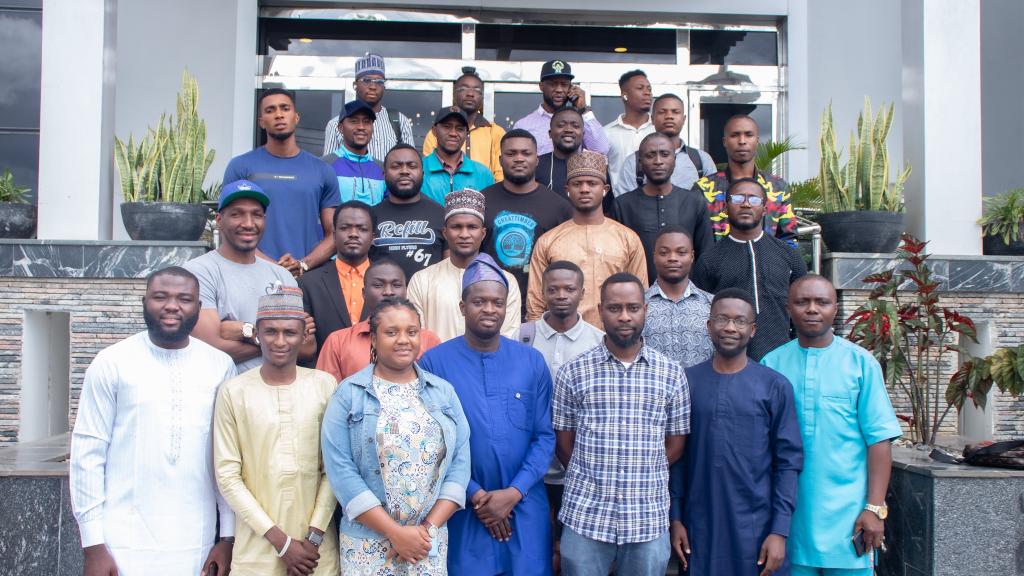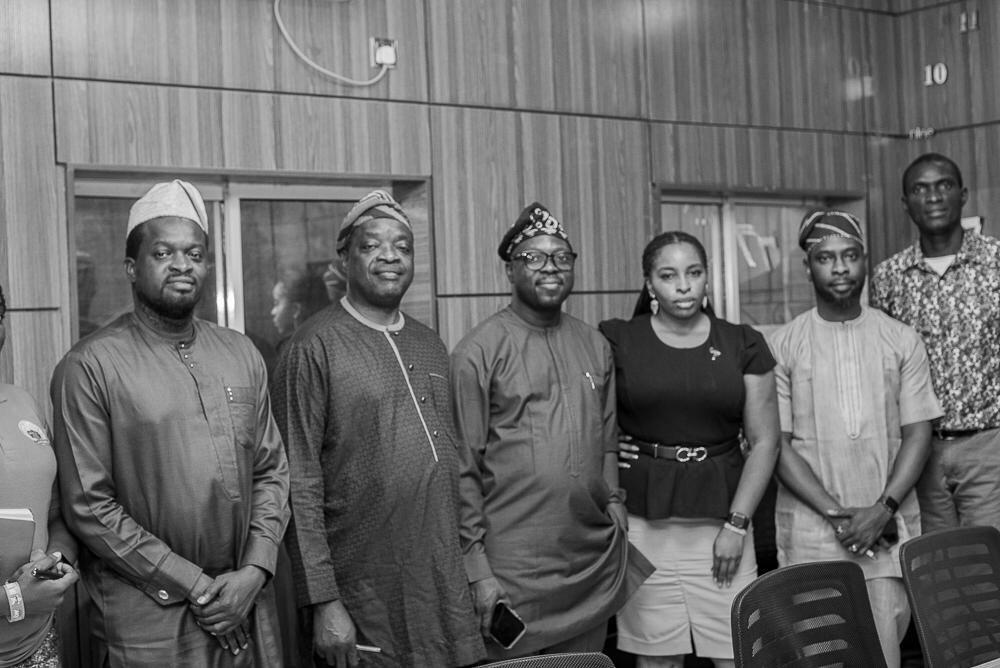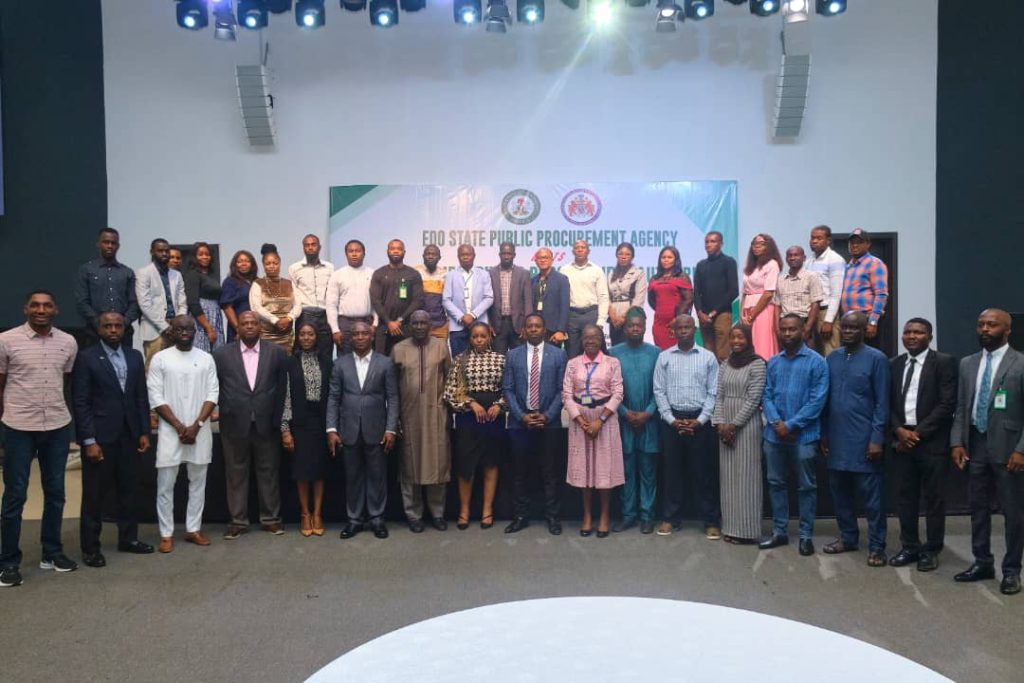* Decries huge gap between recurrent and capital expenditure
* FG’s economic team seeks legislation to address anomaly
Sunday Aborisade in Abuja
The National Assembly has expressed disappointment in President Bola Tinubu’s government’s poor implementation of the 2024 national budget.
The federal parliament also expressed serious concerns over the huge discrepancies in the size of the recurrent expenditure relative to the capital expenditure.
It described as unacceptable, the low level of fund releases for capital projects for ministries, departments and agencies (MDAs) in last year’s fiscal document still being implemented.
The Chairmen of the Senate and House of Representatives Committees on Appropriation, Senator Solomon Adeola and Hon. Abubakar Birchi, made the observations at a joint sitting of the panels on Wednesday.
The panels held a special session with the Presidential Economic Team to consider the 2025 Appropriation Bill.
Both Adeola and Birchi agreed that the economic team should do something urgent to release more funds for capital projects.
They noted that doing so remained a major way for the people to feel the impact of government away from recurrent expenditure which affects only a negligible part of the population.
A statement by Chief Kayode Odunaro, the Media Adviser to the Senate Committee Chairman, explained that the position of the National Assembly followed the report of the economic team led by the Minister of Finance and Coordinating Minister of the Economy, Mr. Wale Edun.
The report, according to the statement, revealed that overall so far, the 2024 budget performance was 43%.
The recurrent expenditure, it stated, achieved 100%, while the capital component of the budget only managed to achieve 25% performance.
Adeola, the statement explained, said he remained an advocate of drastically reducing the ratio of recurrent expenditure to capital in the budget from the present level of about 80% for recurrent and 20% for capital to at least 60% to 40%.
He stressed that the capital projects in the budget and their implementation is a major spur for economic growth and direct impact on the people.
Adeola said: “Capital releases to MDAs are the major drivers of economic activities within the nation.
“The non release of funds for capital projects is a major issue in the performance of 2024 budget so far and it is desirable that funds are released to prevent abandoned projects and ensure the success of the Renewed Hope Agenda of the president.”
Adeola added that it would not be a good news for MDAs to come for their 2025 budget defence session with record of non-performance of their core mandates as contained in capital budget.
He added that within the period of the 2024 budget still running, effort should be made by the Finance Ministry to release funds for capital projects.
Concurring with his counterpart in the Senate, Hon. Birchi called for more releases for capital projects of MDAs for such projects as schools, roads, dams, hospitals and other social infrastructure.
He said items such as debt repayment, which he argued, can be restructured in the interim.
Birchi said: “Most of the items of recurrent expenditure which takes a huge part of our budget and is implemented 100% will only directly affect about 10% of our population.
“The capital projects of the MDAs on the other hand, will directly affect majority of over 200 million Nigerians in areas of social infrastructure provisions like hospitals, schools, roads, energy and similar.”
The Minister of Finance, Edun, confirmed that they have outstanding capital releases awaiting funding.
He regretted however that the country cannot go back to the old ways of spending money that is not there to avoid backlash as it happened in France and Germany of recent, adding that there are warrants awaiting payment for capital projects.
Also throwing light on the issue, the Minister of Budget and Planning, Alhaji Abubakar Bagudu, defended the huge recurrent expenditure in the nation’s budget.
According to Bagudu, “It is a function of our level of development and some of the societal challenges we are facing at this moment.”
He added that some of the recurrent goes into the campaign of the military against insecurity which is yielding results to spur agricultural production and economic activities.
The Director General of the Budget Office, Dr. Tanimu Yakubu, also attributed the huge recurrent expenditure to past legacies inherited by President Bola Tinubu.
He cited issues of unpaid pensions and gratuities which the administration had successfully addressed.
He assured Nigerians that in the future, there may be the need for legislation by the National Assembly to limit the size of recurrent expenditure in the budget.
The meeting, which had in attendance the Minister of State for Finance Dr. Doris Uzoka-Anite and the permanent secretaries of Ministries of Finance and Budget and National Planning also deliberated on the issues of waivers and tax holidays which seem to reduce revenues for the government.
Last modified: January 8, 2025








